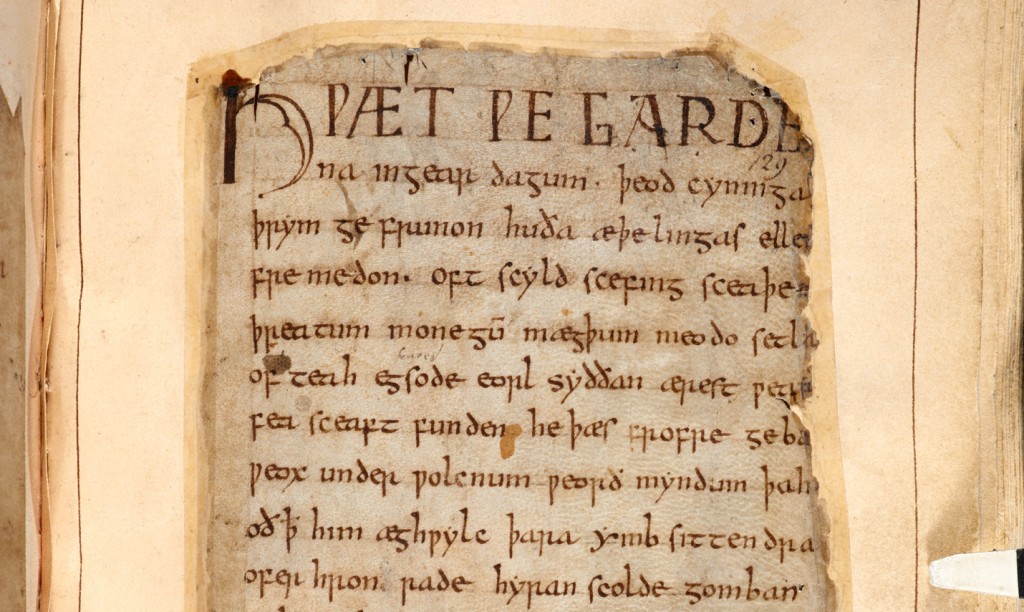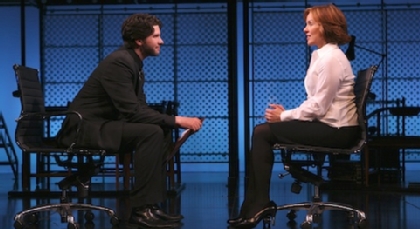Page 46 • (601 results in 0.073 seconds)
-

. She was in the Scandinavian studies program and it was her field of study that influenced Brown into studying his third language, Norwegian. “That was probably my sophomore year, I came out wanting to know more about life. You know English natively, then you learn German, and then you learn Norwegian, and you see that they are all connected somehow. This is really what got me started down the path of historical linguistics and just studying older languages in general. I wanted to know how
-
Wednesday from 4pm-5pm Where: TBA Club President’s Email: bayehyg@plu.eduInterVarsityDescription: InterVarsity is a faith-based community committed to the exploration of God, Jesus, and the Bible through weekly Bible studies and community building. We seek to provide a safe space for people of all backgrounds and identities to be able to explore our friend Jesus and ask any questions that they may have. We aim to build a strong community at PLU that can extend beyond the boundaries of campus to the
-

technologies and partner with campus and community groups to integrate historical storytelling with art, music, literature, environmental studies, business, and more! Check out our new History department podcast at https://innovativehistory.org Graduates from the last 5 years: Their jobs Membership Coordinator, Washington State History Museum Licenced Therapist, Arizona Junior Research Associate, Corporate Governance, Strive Infantry Platoon Leader, US Army Infantry Platoon Leader, US Army Client Program
-
consortium of scholars whose work is economic, political, and social. An internationally-recognized scholar, his recent books, Luther and the Hungry Poor and Flowing Water, Uncommon Birth, balance deep historical analysis with pastoral concerns. His work enhances PLU’s mission, its classrooms, faculty, and staff through his various skills as an educator, scholar, and leader in service to his alma mater. Top Brian C. Olson Student Leadership Award: Nai-Nai Watts '19 Presented to a student who has
-
connected to, PLU initiatives that encourage diversity, justice, and sustainability. Foundation courses in the minor build essential skills to understand the process of innovation in historical and ethical contexts and to learn fundamental concepts in economic theory, art & design, communication, and business management. A concluding seminar requires that students work in teams to envision their own innovative solutions to ethical concerns, pressing problems, and business opportunities. The minor’s
-
Arts (PPAP): Literature The PLU literature program introduces students to the great literary traditions of Britain, North America and the English-speaking world, as well as courses in ethnic American, women’s and world literature. At the heart of the program are courses organized by historical period, allowing students to read the great works that define the periods and explore the ways in which cultural contexts have an impact on the literary imagination. Students who select the emphasis on
-
holds the doctorate from the University of Chicago and has taught at both Chicago and Yale University. He is the author of Visions and Eschatology: A Socio-Historical Analysis of Zechariah 1-6 and the inspiring founder of Hebrew Idol, an annual and much-anticipated PLU event featuring student video productions of Hebrew Bible narratives. 11:45 Lunch in the University Center Dining Commons 12:30 Engaging Climate Change Mr. Sean Horner, PLU Web Development Mr. Horner holds the BS in Engineering from
-

the main psychiatrist and the pharmacist. His wife, Noreen ’99, moved out to New York, with their two-year-old daughter, Gwenyth. The family lives in Queens. “It’s the Astoria section of Queens,” Hobson said. “But we call it ‘Actoria’ because of all the actors that live here.” Six days a week, Hobson takes a 20-minute mid-afternoon train to work, which drops him off in the theater district. His cluttered dressing room in the historical Booth Theater is cramped, and he shares it with another actor
-

being able to foster that engagement. I’m always in a process of tweaking classes, making them more pertinent to students. You know, some of the things that we talk about in the Spanish Civil War, we can use them to talk about our current political climate. Taking a historical moment that is foreign to students and making it current, or at least pertinent. PM: I like what you say about being able to foster student engagement. They discover that French is something that they need. It is an experience
-
, tools, and techniques including hand-built and wheel-thrown methods and glaze application. Includes a survey of ceramic art. (4) ARTD 280 : Art Methodology and Theory - CX Explores art historical and critical methods used for the analysis of art, including formalism, iconography, iconology, economic/social contexts, psychology, feminism, and structuralism/semiotics. Relates methods to broader cultural theories from Kant to Edward Said. (4) ARTD 287 : Special Topics in Art To provide undergraduate
Do you have any feedback for us? If so, feel free to use our Feedback Form.


